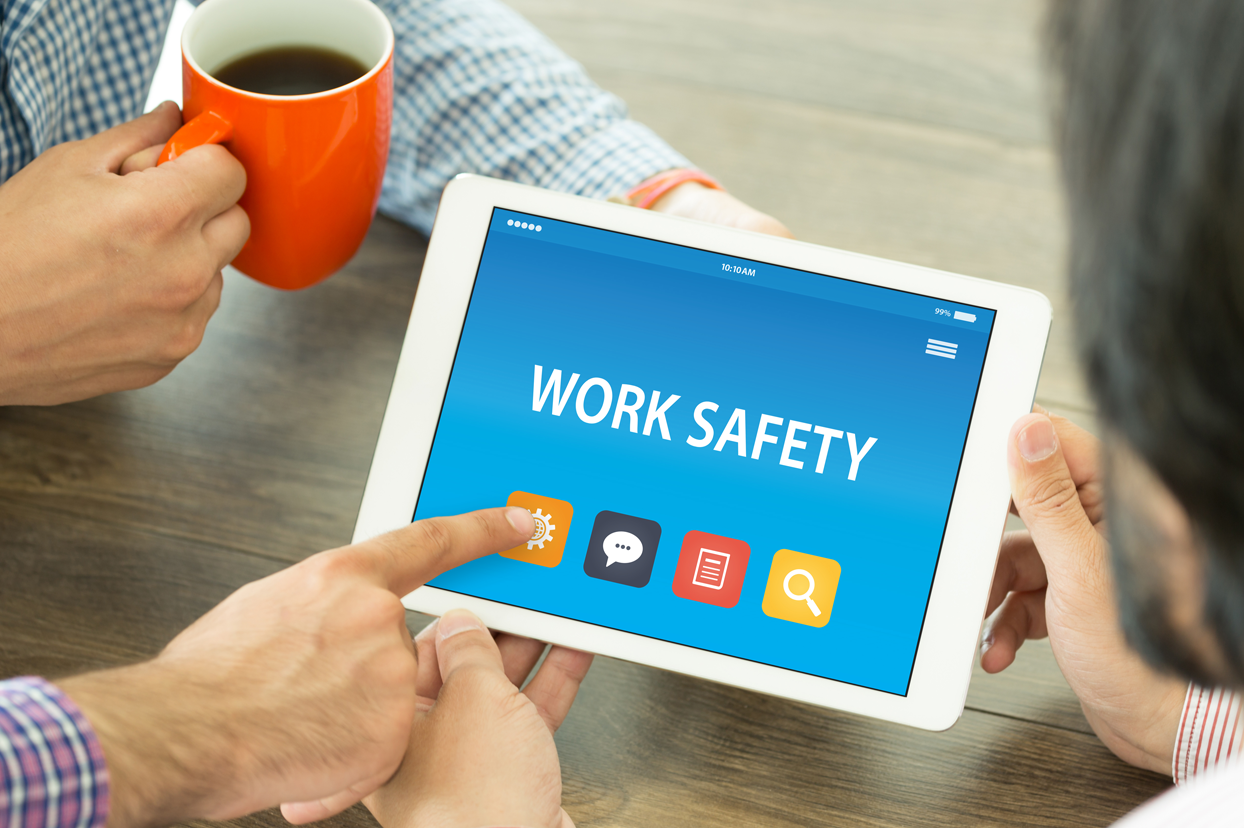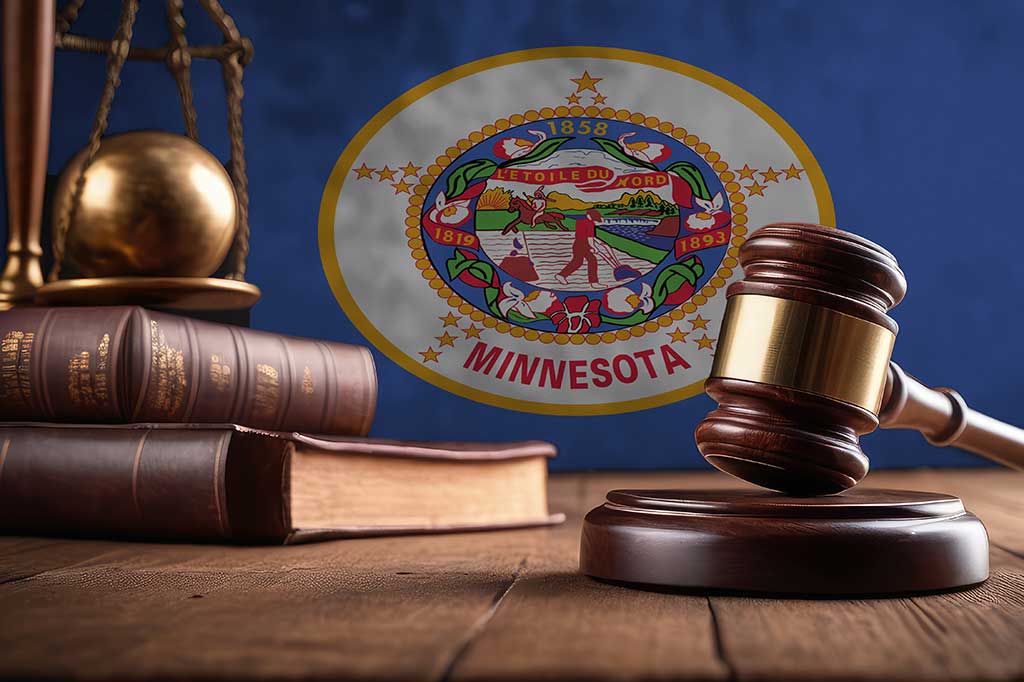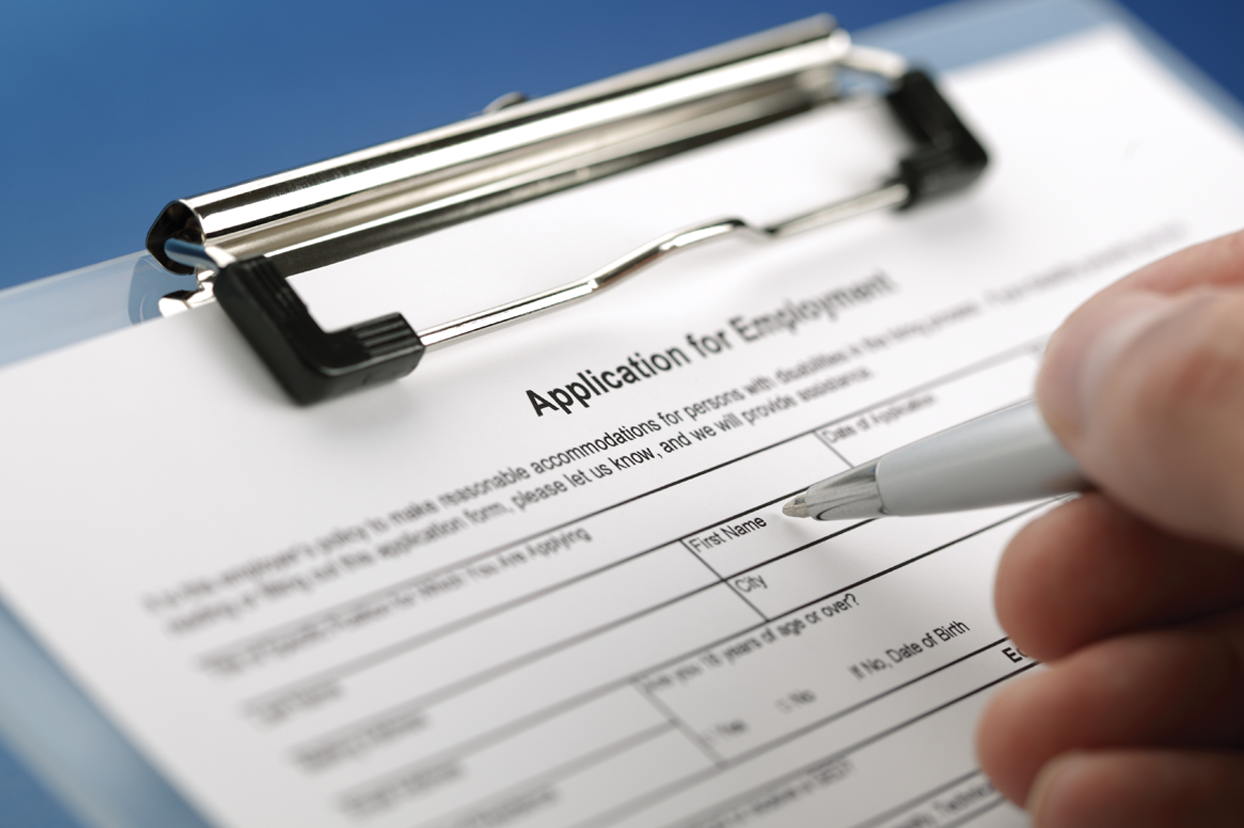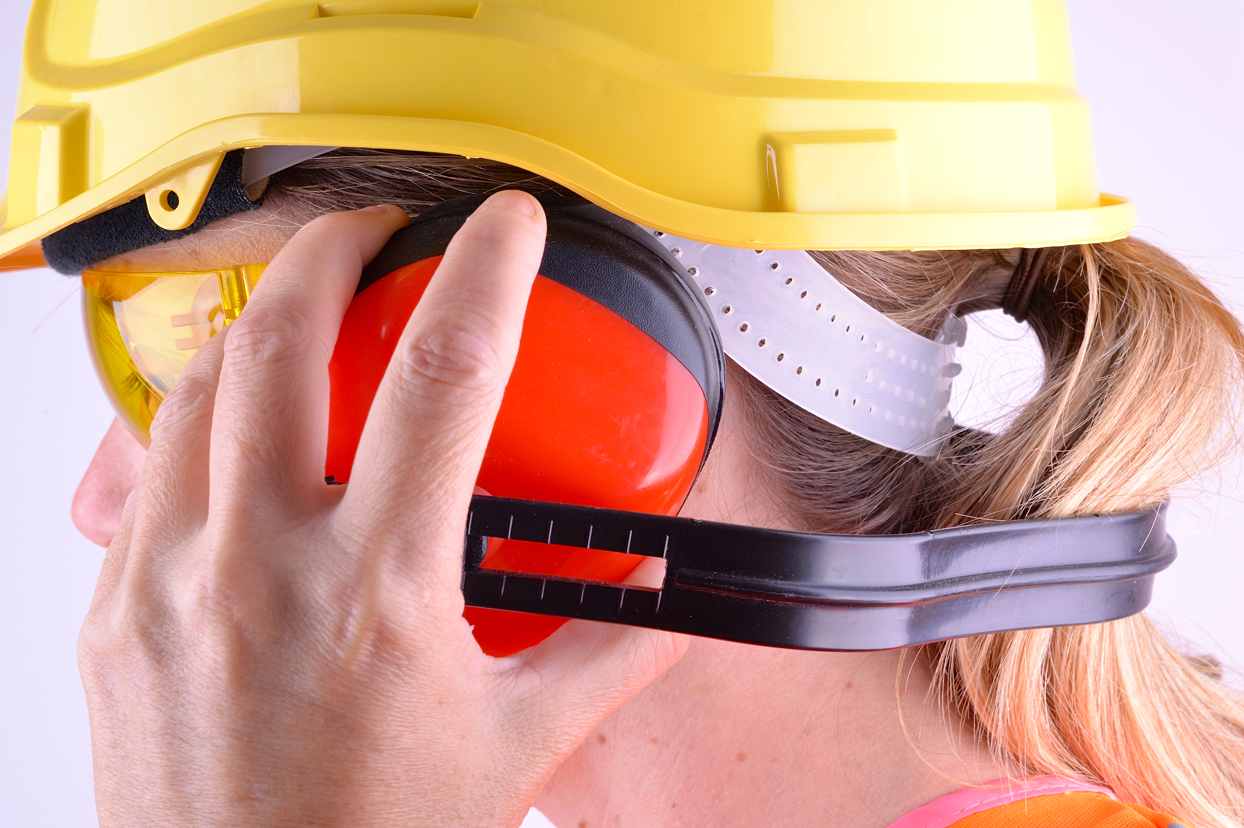November 17, 2025
School employees: Facilitate, don’t participateEmployers may not be aware that their employees are at risk of injury when they participate in activities, coach or supervise others.


November 17, 2025
School employees: Facilitate, don’t participateEmployers may not be aware that their employees are at risk of injury when they participate in activities, coach or supervise others.

November 17, 2025
How SFM makes the premium audit process easierSFM works to make the workers’ compensation premium audit process easy for policyholders.

October 20, 2025
Injuries while entering and leaving the workplace: A primerState law requires that employers provide safe, well-maintained and accessible routes for employees to and from their parked vehicles into their place of work.

September 3, 2025
Minnesota Paid Leave law and work compEffective Jan. 1, 2026, a new Minnesota Paid Leave law goes into effect. See how it interacts with workers' compensation.

August 20, 2025
Legal aspects to strain and sprain injuriesJohn Hollick, Chief Defense Counsel at SFM’s in-house law firm, outlined the legal issues that can arise from these injuries and their impact on workers’ compensation benefits.

August 15, 2025
Are employees compensated when injured while violating company rules?Employers are can be frustrated to learn that employees injured while violating company safety rules can still receive workers’ compensation benefits in some cases.

August 15, 2025
Hands-free driving: Safety and the lawA new hands-free driving law went into effect in Iowa on July 1, 2025, highlighting legal aspects of safe driving.

August 15, 2025
Independent contractors and work comp liabilityIf you hire a subcontractor that lacks the proper workers’ compensation coverage — or doesn’t qualify as an independent contractor — it could put you at risk for liability if a work injury occurs, depending on which state the work is being performed in.

February 17, 2025
Avoiding litigation: ways to prevent disputes that land claims in courtWhen an attorney gets involved in a workers’ compensation claim, it can increase claim costs and harm outcomes for everyone involved. There are a number of steps that employers can take to prevent the kinds of scenarios that cause workers to seek representation from an attorney.

January 23, 2025
Workers’ comp exemptions for MN small business owners and familiesMinnesota law allows employers to exclude certain types of employees from coverage, such as small business owners and their close relatives.

November 11, 2024
Can you terminate employees with an open work comp claim?While most states have laws that bar employers from terminating or disciplining an employee solely based on them being on workers’ compensation or in response to their experiencing a work injury, there are conditions under which such an employee may be let go.

September 4, 2024
Why you need to watch out for workplace bulliesThe Workplace Bullying Institute estimates that 60.3 million U.S. workers are affected by bullying. Here are tips to prevent it in your workplace.

May 10, 2024
New changes to Minnesota workers’ compensation lawA number of changes to Minnesota's workers' compensation law go into effect in 2024. Gov. Tim Walz signed the bill on May 8, 2024. The legislation contains 50 sections with amendments to chapter 176, many of which are technical or cleanup provisions recommended by the Office of Administrative Hearings.

March 14, 2024
OSHA electronic reporting requirements for employersYou may have questions about whether your business is required to submit information to OSHA electronically, and what information you will need to submit.

January 23, 2024
What employers should know about marijuana safety and impairment policiesAn employer's legal marijuana safety and impairment policy options may depend on the level of operations the company has with the federal government.

January 23, 2024
Can you screen job applicants for prior workers' compensation claims?Asking job candidates about past work injuries, disabilities or medical histories isn't appropriate under the federal Americans with Disabilities Act (ADA) or state laws.

September 25, 2023
Hiring practices: Thorough processes can prevent injuries and problem claimsFollowing a thorough hiring process is one important way you can prevent problem workers’ compensation claims, along with other challenges. Choosing the right employee for a role is rarely easy, but there are steps you can include in your process to help you more confidently make hiring decisions.

July 24, 2023
Recreational marijuana: How Minnesota’s new law may impact work comp and workplace policiesOn May 30, 2023, Gov. Tim Walz signed the state’s recreational marijuana bill, making Minnesota the 23rd state in the U.S. to legalize recreational marijuana for adult use. The new law contains several provisions that affect employers doing business in Minnesota, addressing changes to medical marijuana, use of off-duty lawful consumable products, drug testing in the workplace, as well as implementation of workplace policies.

April 26, 2023
Tips for hiring temporary workers or subcontractorsBefore you hire temporary employees or independent subcontractors, get answers to your questions about their safety and workers’ compensation coverage.

March 21, 2023
MN Supreme Court decision clarifies the nature and extent of PTSD claims in the stateMN Supreme Court decision clarifies the nature and extent of PTSD claims in the state

February 1, 2023
Minnesota Supreme Court rules on PTSD presumptionMinnesota Supreme Court rules on PTSD presumption

December 21, 2022
Retaliation claims: what they are and best practices to avoid themIf an employee feels they’ve been wrongfully targeted for exercising their protected right, they may in turn file a retaliation claim. Learn best practices to avoid them.

December 21, 2022
How to prevent safety hazards due to impairmentDrug and alcohol use and misuse are on the rise. As an employer you can establish or update your drug and alcohol program to prevent the safety risks of drug and alcohol use on the job. Learn how to prevent safety hazards due to drug and alcohol impairment.

November 29, 2022
What are employer liability limits?Employer liability coverage is rarely used in most states, and makes up a very small part of the workers' compensation insurance premium.

September 8, 2022
Legal and safety considerations for hybrid workersIf you have employees who work both remotely and on-site, there are some important legal and workplace safety considerations to be aware of.

April 18, 2022
Compensability of adverse COVID-19 vaccine reactionsU.S. employers have the right to encourage or require employees to vaccinate against COVID-19. This raises the question of compensability for adverse reactions from the COVID-19 vaccine, and related medical treatment and time lost from work. A key factor for workers’ compensation compensability is whether the vaccination was required by the employer.

February 7, 2022
Resumption of the presumption: Minnesota's COVID-19 presumption lawMinnesota’s workers’ compensation law has been temporarily amended to include a presumption of liability for certain workers with a positive COVID-19 laboratory test or clinical diagnosis of COVID-19 when a test is not available.

November 10, 2021
MN Supreme Court rules on medical cannabis in work compRecent MN Supreme Court decisions create a new bright-line rule about the compensability of medical marijuana in workers’ compensation claims.

December 29, 2020
Iowa commissioner deems rotator cuff a ‘shoulder’ injuryIowa Workers’ Compensation Commissioner Joseph Cortese determined that an injury to a muscle in the rotator cuff is considered a shoulder injury for the purpose of determining permanent partial disability benefits.

December 29, 2020
MN Supreme Court addresses workers’ compensation caseThe Minnesota Supreme Court addressed the rights of intervenors in workers’ compensation proceedings in the August 12, 2020, decision of Koehnen v. Flagship Marine Company and Auto Owners Insurance Company.